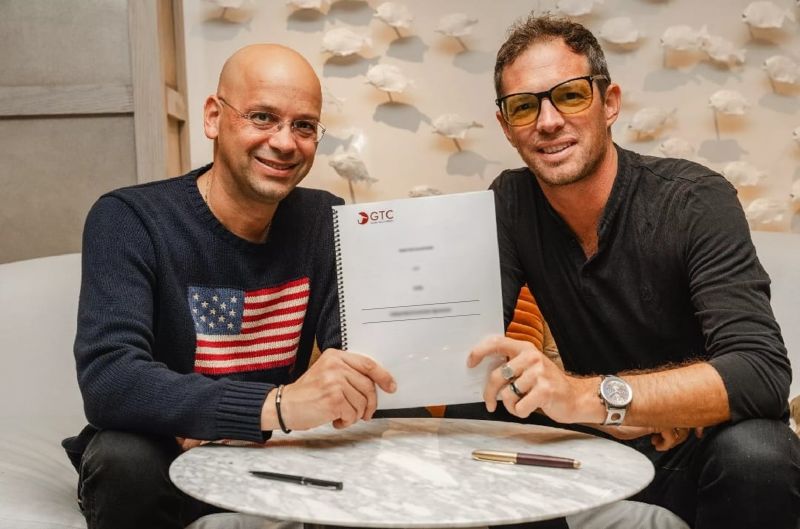In some parts of the world A2P pricing is out of control. As a result, the industry’s biggest customers are starting to weigh up the alternatives. What can be done to stop this short-term profiteering? MEF invited three experts to share their views…
As the classic ballad says…”You always hurt the one you love, the one you should not hurt at all. You always take the sweetest rose, and crush it till the petals fall…”
Can we apply this peculiar ‘rule’ of human nature to the A2P SMS market?
Possibly. After all, there is every reason for MNOs to love enterprise messaging. In a climate of falling core revenues for voice and data – and with spiralling 5G CAPEX costs – A2P SMS income keeps on rising.
According to Juniper Research, this market (which barely existed 10 years ago don’t forget) could generate $48bn this calendar year. This is a very welcome additional revenue stream for MNOs. So are they trying to hurt it?
Well, not all of them. Not everywhere. And certainly not (in most cases) intentionally.
But still there is plenty of evidence of self-harm. Across the world MNOs are pursuing strategies that are causing their most valued customers – Facebook, Google, banks and other consumers of bulk authentication messages – to abandon SMS and consider more affordable alternatives.
The issues boil down to price, transparency and in the most egregious cases, fraud.
So what should industry stakeholders do to keep the industry honest and its valued customers happy? This was the topic of a MEF webinar session held on October 27.
How to sustain a profitable SMS A2P monetisation strategy in the long run?
The session was hosted by James Williams, Director of Programmes at MEF. He was joined by three A2P messaging insiders from across the value chain.
· Giovanni Benini, CFO & COO, GTC
· Ricardo Martins, VP Global Messaging, iBasis
· Jorge Vieira, Head of Wholesale Operations, NOS
In a fascinating hour-long conversation, the panelists dived deep into the challenges facing the industry right now – and some ideas on how to solve them. Here are the key take aways.

1. There’s a huge variation in unit price – even in ‘stable’ markets
Jorge Vieira started the conversation by discussing the healthy market for A2P messaging in Portugal. He cited the post COVID boom in digital services – and the resultant increased demand for SMS authentication – as the main cause. “We’ve seen a huge increase in traffic over the last two years. We started working from home and using VPNs and so on. And so we started to send all kinds of outbound and inbound SMSs for all kinds of customer logins.”
He also stated that the typical price for an A2P text in Portugal is 1 euro cent. However, other panelists pointed out that the same price in Germany is currently 6c.
2. The industry differentiates domestic from international traffic. But do we even know how to define them?
MNOs and their partners typically charge different rates for customers with HQs outside their borders. But the participants pointed out that the nature of routing and also of company registrations make it difficult to define ‘domestic’ and ‘International’.
3. Prices are out of control in some regions
As we’ve heard, Portugal charges 1c and Germany 6c. But there are regions where the price is edging towards 20c. This is obviously unsustainable.
4. Some MNOs are outsourcing their entire A2P strategy to partners, and they don’t even know what the unit prices are
According to Giovanni Benini, one of the key reasons for the sky-high prices is outsourcing. He observed that some MNOs assign all responsibility to partners and then disengage from the A2P market. He said: “We should talk about the reality… it is not always operators raising the prices. In EMEA especially there’s a move to give responsibility for monetisation to third parties, who then become the exclusive gatekeepers and raise the price to 10c or even 20c. We’ve seen this. We spoke to one Middle Eastern operator that thought its unit price was somewhere below 10c. It turned out it was 17c.”
5. MNOS should consider a ‘maximum price’ clause in their contracts with aggregators
Benini went on to suggest that MNOs should consider making upper price limits part of their legal agreements with middlemen. This would prevent unsustainable profiteering we see in some markets.
6. When a firewall vendor is also an aggregator… it’s complicated
SMS firewall vendors used to be tech firms who sold equipment and software on licence. Then aggregators started buying these vendors. This means that, now, the companies in charge of keeping traffic clean are also commercial organisations trying to sell as much traffic as possible.
Conflict? Not necessarily, says Ricardo Martins. “A day after you install a firewall it is out of date…. The fraudsters are always one step ahead. So there is a need for market knowledge, customer knowledge, source of traffic and so on. This is what aggregators can bring. So if there’s true alignment with the MNO…there can be a win-win.”
7. Use case pricing is the future
Martins believes more sophisticated firewall technology will give aggregators and MNOs the ability to detect different types of traffic. In so doing they can offer premium levels of service, and thereby charge more for some use cases than others. This will give them a more flexible and profitable model than the current one-size-fits-all approach.
8. MNOs should do network penetration tests
In the data centre world, enterprises frequently hire hackers to find flaws in their defences. Given that SMS fraudsters never stop, MNOs should start running similar exercises of their own.
9. Privacy regulation increases fraud
All over the world, regulators are introducing new privacy legislation. There is logic to this. But it is bad news for SMS firewall managers. When they cannot see message content, they cannot see smishing and malware. According to Giovanni Benini, this will inevitably result in more fraud.
You can watch the entire webinar recording here.
Global Telco Consult (GTC) is a trusted independent business messaging consultancy with deep domain knowledge in application-to-person (A2P) services. GTC provides tailor-made messaging strategies to enterprises, messaging service providers, operators and voice carriers. We have expertise in multiple messaging channels such as RCS, Viber, WhatsApp, Telegram and SMS for the wholesale and retail industry.
GTC supports its customers from market strategy through service launch, running the operations and supporting sales and procurement. The company started in 2016 with a mission to guide operators and telcos to embrace new and exciting opportunities and make the most out of business messaging. For more information or industry insights, browse through our blog page or follow us on LinkedIn.



